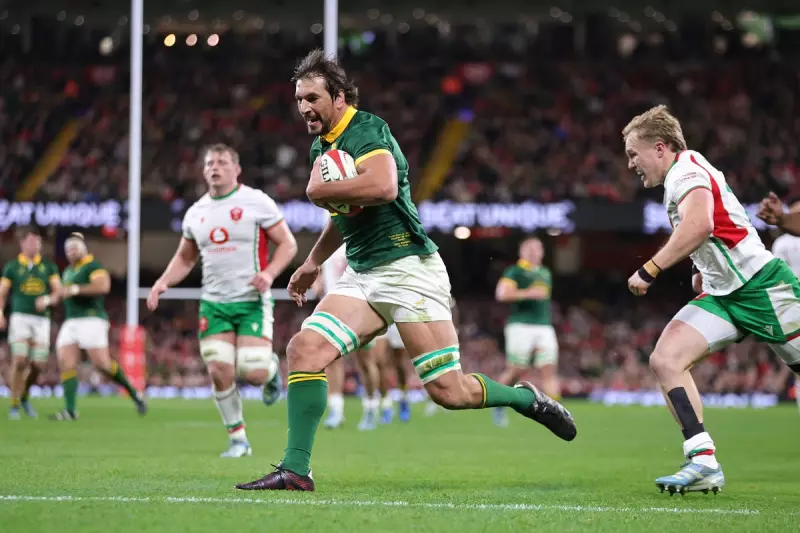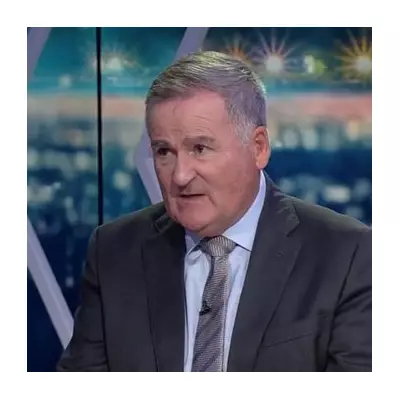
This weekend, a short-handed Wales rugby team prepares to face the mighty Springboks in a fixture that many are labelling an act of self-sabotage. Scheduled outside of World Rugby's international window, the match has sparked significant criticism and concern for the future of Welsh rugby.
A Commercial Gamble Backfiring
The decision by the Welsh Rugby Union (WRU) to arrange this encounter is widely seen as commercially driven, similar to England's recent match against Australia. However, the strategy appears to be failing. Ticket sales have been notably slow for what is Wales's fourth and final game of a challenging autumn series.
The Welsh public, increasingly disillusioned, seems hesitant to invest in a match where their team has a minimal chance of victory. The situation is compounded by the fact that the United Rugby Championship (URC) has also resumed, meaning the four Welsh regional sides are in action on the same weekend, with three playing on the same Saturday as the national team.
A Depleted Welsh Squad
Head coach Steve Tandy is operating with a severely limited hand. Because this fixture falls outside the official Test window, he is unable to select any Wales players based outside of the country, in clubs in England and France. This has forced him to further deplete the already struggling Welsh regional sides to field a national team.
Dwayne Peel, head coach of the bottom-placed Scarlets, highlighted the strain, stating, "The fact we've got five backs in the (Wales) squad, it's a bit like, 'I wish we had those five backs in our big game against Glasgow'. But we knew this fixture was coming well before last week. That's it."
The Welsh bench is particularly short on experience and stopping power, a worrying prospect against a physical side like South Africa. While Wales showed attacking promise and scored four tries against the All Blacks last week—only the second time in history they have achieved that—they also conceded 52 points in that match and against Argentina.
Springboks: Weakened but Still Formidable
It should be noted that South Africa is also not at full strength. The world champions are missing key players like Jesse Kriel, Cheslin Kolbe, Malcolm Marx, and Pieter-Steph du Toit, who have returned to their clubs in Japan. Coach Rassie Erasmus has just 24 active players available, with assistant coach Duane Vermeulen reportedly two injuries away from coming out of retirement.
Nevertheless, the depth of South African rugby means their team remains fearsome. Erasmus has named a matchday 23 of staggering size and stature, including a bench with seven forwards. Their backline also retains an imposing look, evoking memories of powerful Welsh backlines from years past.
Despite the one-sided nature of the contest, Erasmus expressed respect for the Welsh spirit. "I don't understand what is going on in the Welsh set-up," he said. "Whatever's wrong off the field, [Wales] have the guts, players and willpower. I know deep in the belly of the Welsh, there is fight."
This fixture comes at a time of great uncertainty for Welsh rugby, with the looming cut of a region creating challenges in player recruitment and retention. While there have been glimpses of optimism under Tandy, this particular encounter feels like a step backwards, a match that, in its current format, suits no-one and risks doing more harm than good.





